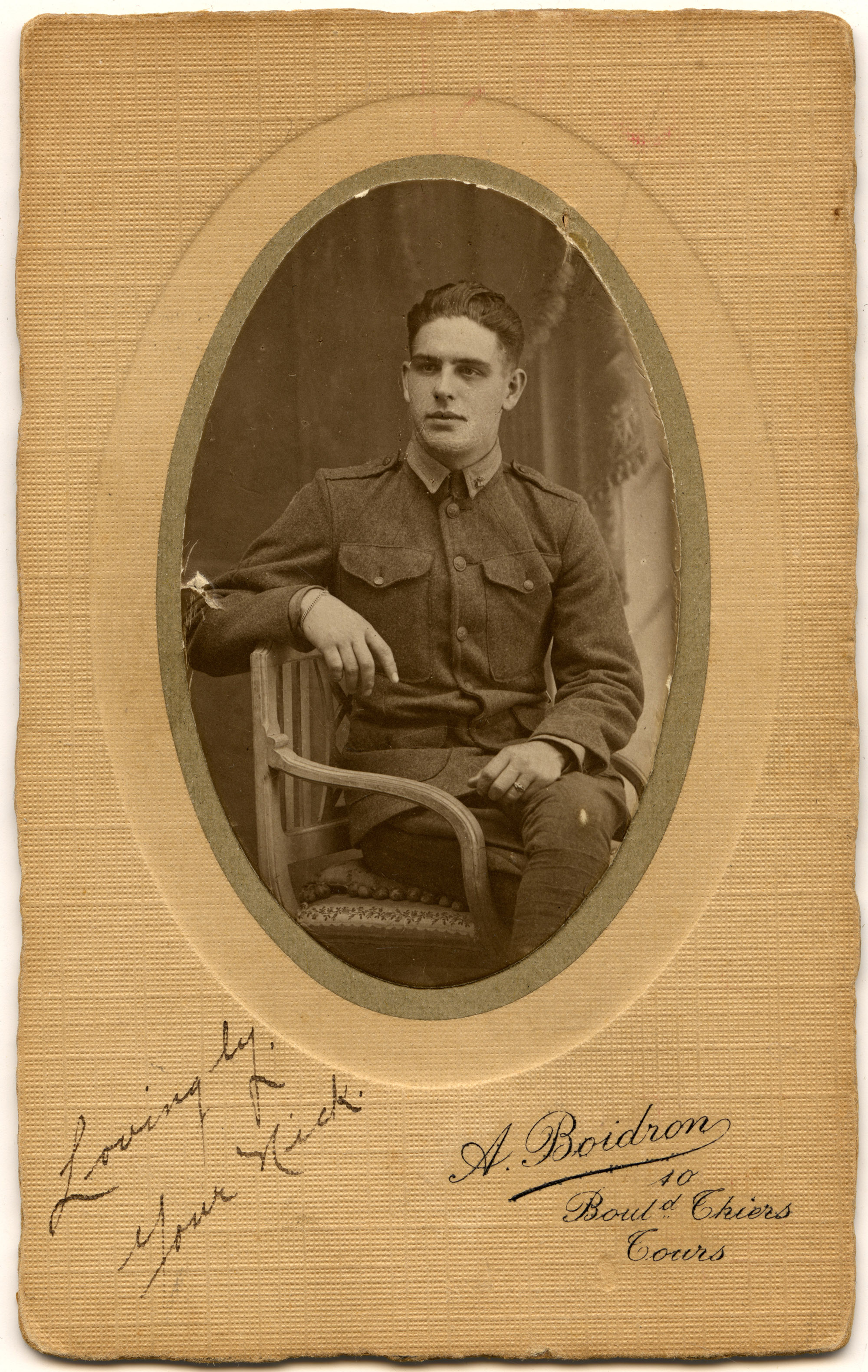New York State Coalition Opposed to Fluoridation Records
Access restrictions: Temporarily stored offsite; contact SCUA in advance to request materials from this collection.
Founded in 1977, the New York State Coalition Opposed to Fluoridation is a non-partisan policy making and political action organization devoted to informing the public about the deleterious physiological effects of fluorides. With a membership comprised of professionals and non-professionals, physicians, scientists, and environmentalists, the Coalition works to raise awareness among elected officials at all levels of government about the need for environmental protection and works with an international network of similar organizations with the ultimate goal of ending the fluoridation of public water supplies.
The NYSCOF collection documents two decades of an organized, grassroots effort to influence public policy relating to water fluoridation in New York state and elsewhere. In addition to 7.5 linear feet of subject files relating to fluoridation, the collection includes materials issued by and about NYSCOF, several audio and videotapes, and documentation of their work with elected officials.


